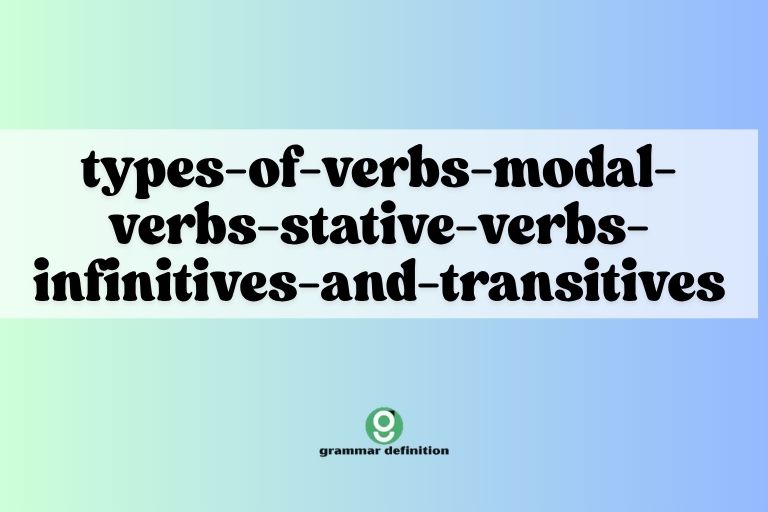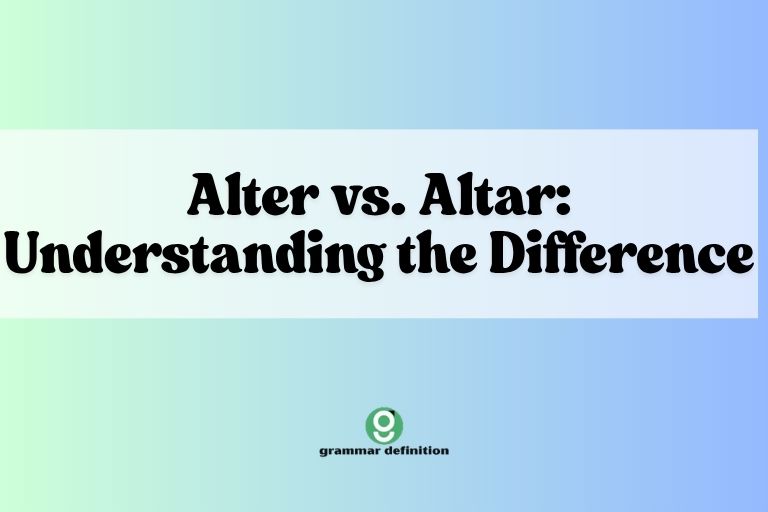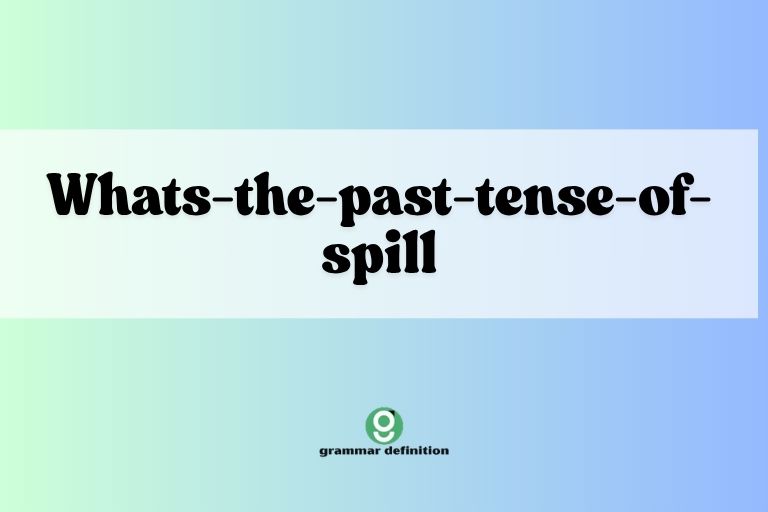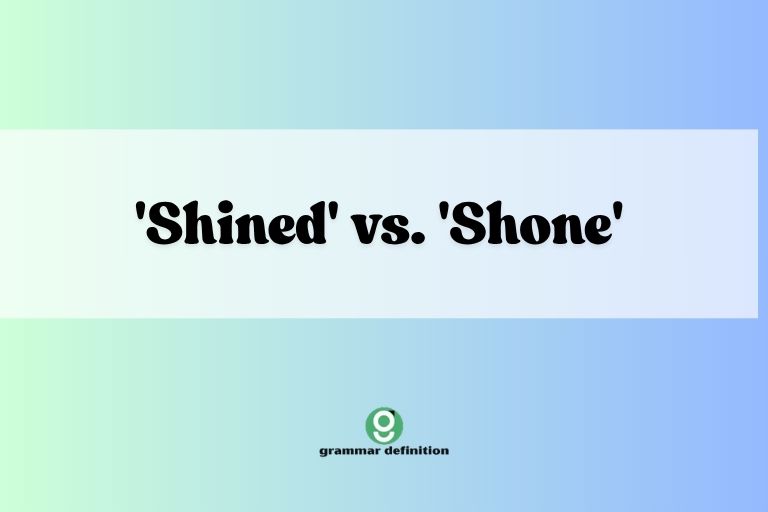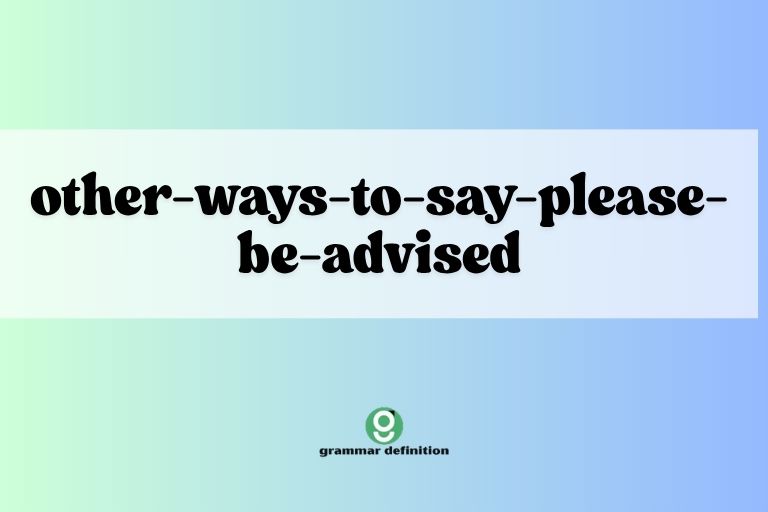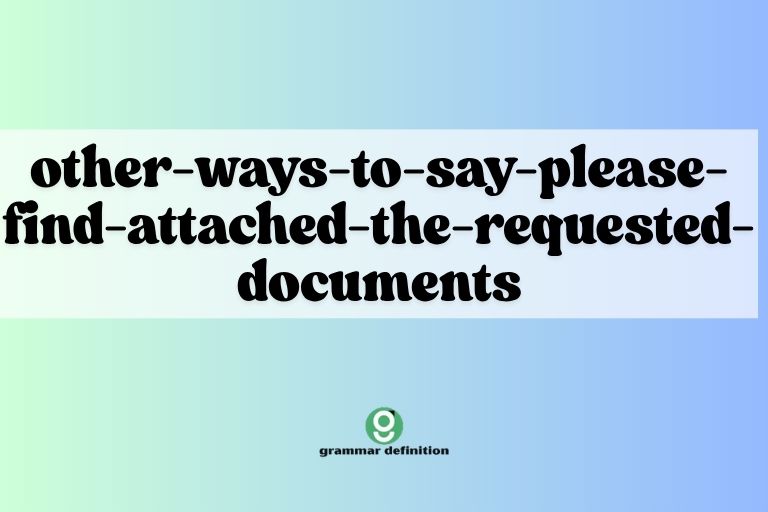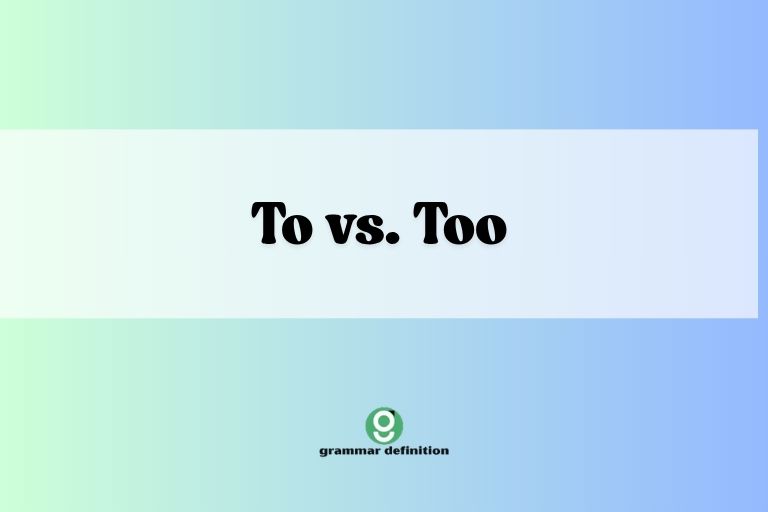Mastering English Verbs: Modal, Stative, Infinitives, & Transitives
Understanding the different types of verbs is crucial for constructing clear and grammatically correct sentences in English. This article delves into four essential categories: modal verbs, stative verbs, infinitives, and transitive verbs. Mastering these verb types will significantly enhance your ability to express yourself effectively, whether you’re writing academic papers, engaging in professional communication, or … Read more

